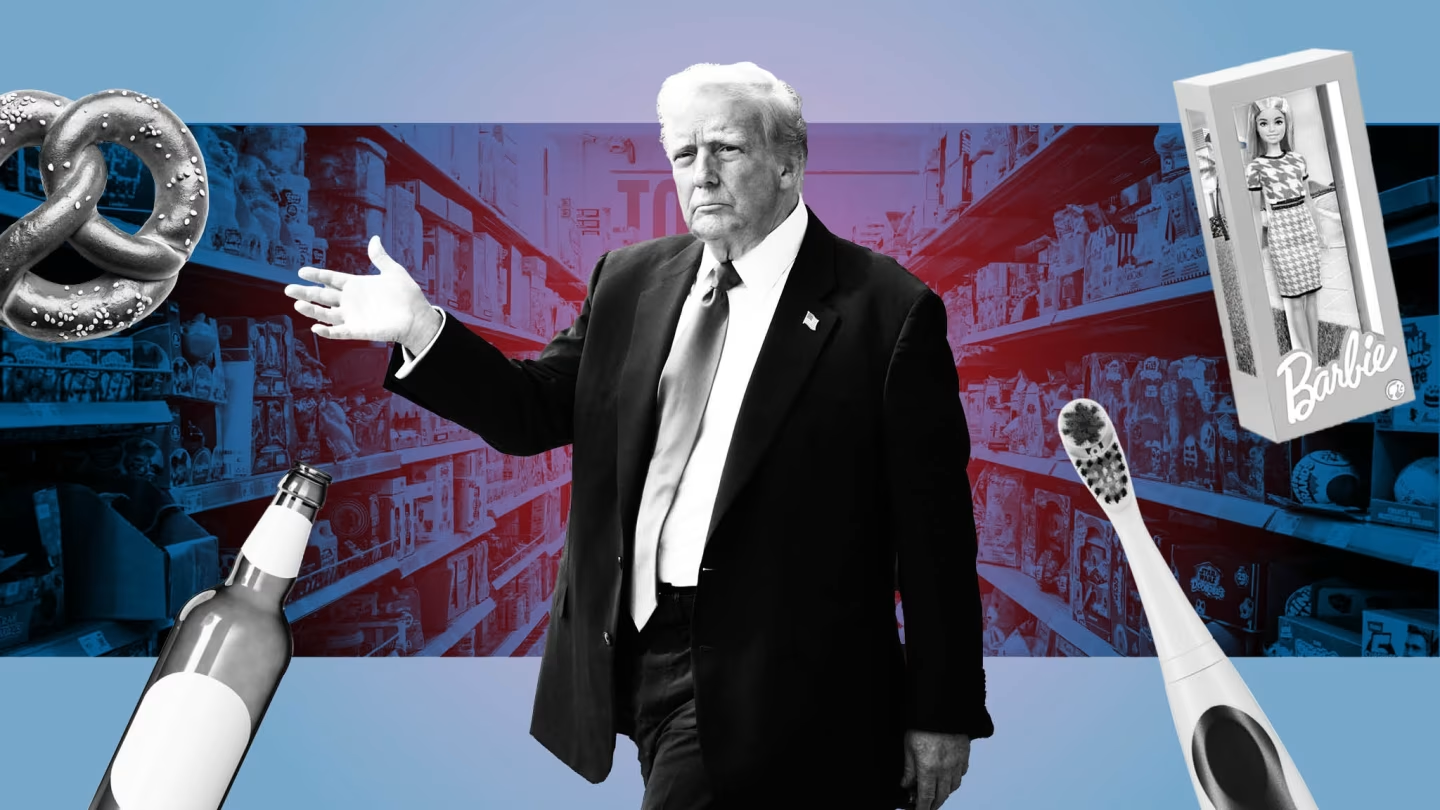In a series of trade policy moves, former President Donald Trump implemented broad tariffs on imports entering the United States—many of which were later delayed or withdrawn.
Nonetheless, tariff rates remain elevated compared to pre-2017 levels, as the administration aimed to stimulate domestic manufacturing and increase federal revenue.
Yet, ensuring these tariffs are properly collected has proven difficult. Agencies responsible for inspecting imports are frequently understaffed and under strain, and experts warn that exporters are becoming increasingly adept at circumventing trade duties.
These are the reasons why tariff collection poses persistent difficulties.
Smuggling Becomes More Appealing
Trade specialists say the steep tariffs—particularly those targeting China—have created stronger incentives for smuggling. Despite a recent agreement between the U.S. and China, tariffs on Chinese goods remain near 30%, still higher than those on imports from many other countries, even after Trump approved a 90-day suspension.
“The incentive to sidestep trade laws is rising,” says Matt Lapin, a trade attorney at Wiley. “Whether it’s bad actors getting worse or others newly cutting corners, the pressure is mounting.” A common method to dodge duties is called transshipping, where goods are sent through third countries.
David Rashid, who runs an auto parts firm in Illinois, saw this firsthand. In 2019, he initially supported Trump’s 25% tariffs on Chinese imports. But he was soon disillusioned.
“Prices from my competitors didn’t change,” Rashid recalls. “So I had to figure out how that could happen.”
He discovered that Chinese rivals were using routes through places like Thailand and Vietnam to avoid U.S. tariffs.
“Fraudulent trade actors, including tariff evaders, seek to undermine trade laws that protect U.S. businesses and the government’s economic strategy,” noted Matthew Galeotti, head of the DOJ’s Criminal Division, in a memo.
Limited Resources Hamper Enforcement
U.S. Customs and Border Protection (CBP) is the main federal agency tasked with import screening and tariff collection.
Its workload has increased significantly. In addition to handling retaliatory tariffs, CBP must now collect duties on more than 1 billion small parcels annually, mostly from Chinese e-commerce sites, after the rollback of the “de minimis” exemption during Trump’s term.
In a statement, CBP said it is fully prepared to enforce updated tax rules and that “enforcement will include the harshest penalties allowed by law” following recent executive orders.
But trade compliance experts question CBP’s preparedness.
“CBP doesn’t have the tools or people needed to enforce the de minimis rules,” says Ram Ben Tzion, a software provider who works with European governments to detect trade violations. “They’re stretched thin on staff, training, and technology.”
The CBP agents’ union has warned of chronic staff shortages and anticipates a wave of upcoming retirements that could worsen the situation.
A former senior enforcement official at CBP, who asked to remain anonymous, said the agency has struggled for years to maintain a minimum of 1,000 trained import specialists—each of whom requires up to two years of training.
“I don’t think we ever reached that number,” the former official said.
Minimal Risk of Penalties
What happens when businesses suspect others are avoiding tariffs?
Milton Magnus, who owns M&B Hangers in Alabama, says his industry has suffered from Chinese competitors who reroute goods through Taiwan and Vietnam.
Over a decade ago, Magnus hired private investigators who traced shipments from China that were disguised as Taiwanese or Vietnamese to bypass U.S. tariffs. He submitted evidence of roughly 30 suspected violations to the Department of Homeland Security.
“Not one got a response,” Magnus says.
He has since filed more complaints, but says tariff dodging usually resumes within months, as exporters shift to other third countries.
“People don’t get caught. If they do, there’s no consequence. They just do it again elsewhere,” Magnus says. Along with Rashid and other small business owners, he has supported legislation to allocate $20 million this year to fund a DOJ task force focused on prosecuting trade fraud.
Former DOJ staff say the funding is critical.
“There simply weren’t enough resources,” said a former DOJ attorney involved in trade cases, speaking anonymously. “We’d get referrals involving hundreds of millions in evasion, and no one available to work on them.”
Currently, the federal government is operating under a hiring freeze and budget cut directive supported by Trump and Elon Musk.
“The Civil Division isn’t hiring and has no authority to bring in new people,” said the former DOJ attorney.
To complicate matters, the DOJ’s trade fraud unit is without leadership, as its director recently stepped down.
“As far as I can tell, no one’s in charge anymore,” says Rashid.
He argues that the inability to prosecute trade violations is a dual loss—for U.S. companies and for the government’s own revenue collection. “A lot of money is being lost. That’s the bottom line,” he says.







